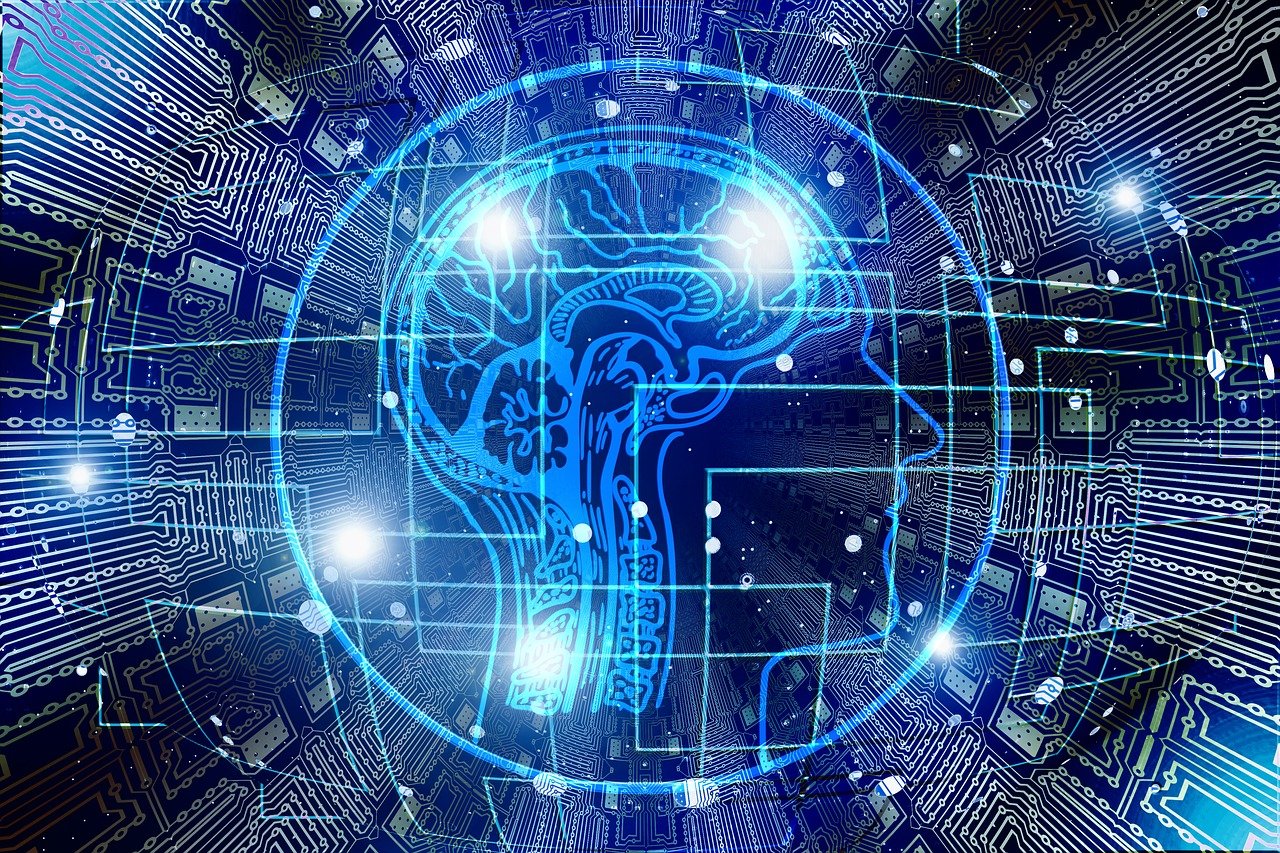The Gates Foundation’s new AI initiative: attempting to leapfrog global health inequalities?
By Jonathan Shaffer, Arsenii Alenichev, and Marlyn C. Faure,
BMJ Global Health
| 11. 03. 2023
The Bill & Melinda Gates Foundation has long been criticised for championing the trend of socially reductive, ‘magic bullet’ technical ‘solutions’ to the complex, historically shaped, politically conflicted problems at root of global health inequities.1–5 Their August 9th announcement of the launch of a new US$5 million, 48 project funding push6 to launch new ‘artificial intelligence (AI) large language models (LLM) in low-income and middle-income countries to improve the livelihood and well-being of communities globally’ is set to continue this hegemonic global health trend. And, as much as ‘magic bullets’ can solve issues, they, as bullets, are also capable of wounding and causing harm.
There are at least three reasons to believe that the unfettered imposition of these tools into already fragile and fragmented healthcare delivery systems risks doing far more harm than good.
We are not Luddites. New tools of technology, biomedicine, scientific knowledge and population care have often made life better and safer for those with access and control over their use.7 LLMs and AI, however, will not be so equity-advancing despite the Gates Foundation’s overheated...
Related Articles
By Diaa Hadid and Shweta Desai, NPR | 01.29.2026
MUMBRA, India — The afternoon sun shines on the woman in a commuter-town café, highlighting her almond-shaped eyes and pale skin, a look often sought after by couples who need an egg to have a baby.
"I have good eggs,"...
By George Janes, BioNews | 01.12.2026
A heart attack patient has become the first person to be treated in a clinical trial of an experimental gene therapy, which aims to strengthen blood vessels after coronary bypass surgery.
Coronary artery bypass surgery is performed to treat...
By Staff, ScienceDaily | 01.05.2026
Scientists at UNSW Sydney have developed a new form of CRISPR technology that could make gene therapy safer while also resolving a decades-long debate about how genes are switched off. The research shows that small chemical markers attached to DNA
...
Following a long-standing CGS tradition, we present a selection of our favorite Biopolitical Times posts of the past year.
In 2025, we published up to four posts every month, written by 12 authors (staff, consultants and allies), some in collaboration and one simply credited to CGS.
These titles are presented in chronological order, except for three In Memoriam notices, which follow. Many more posts that are worth your time can be found in the archive. Scroll down and “VIEW...




